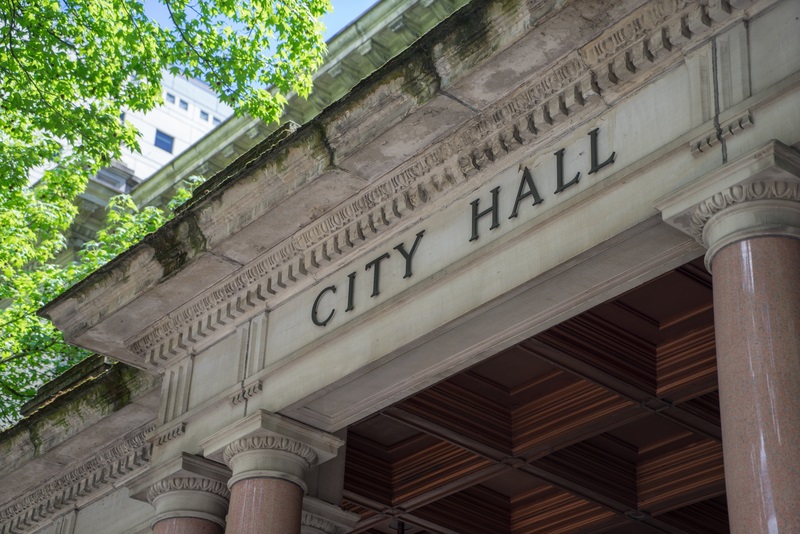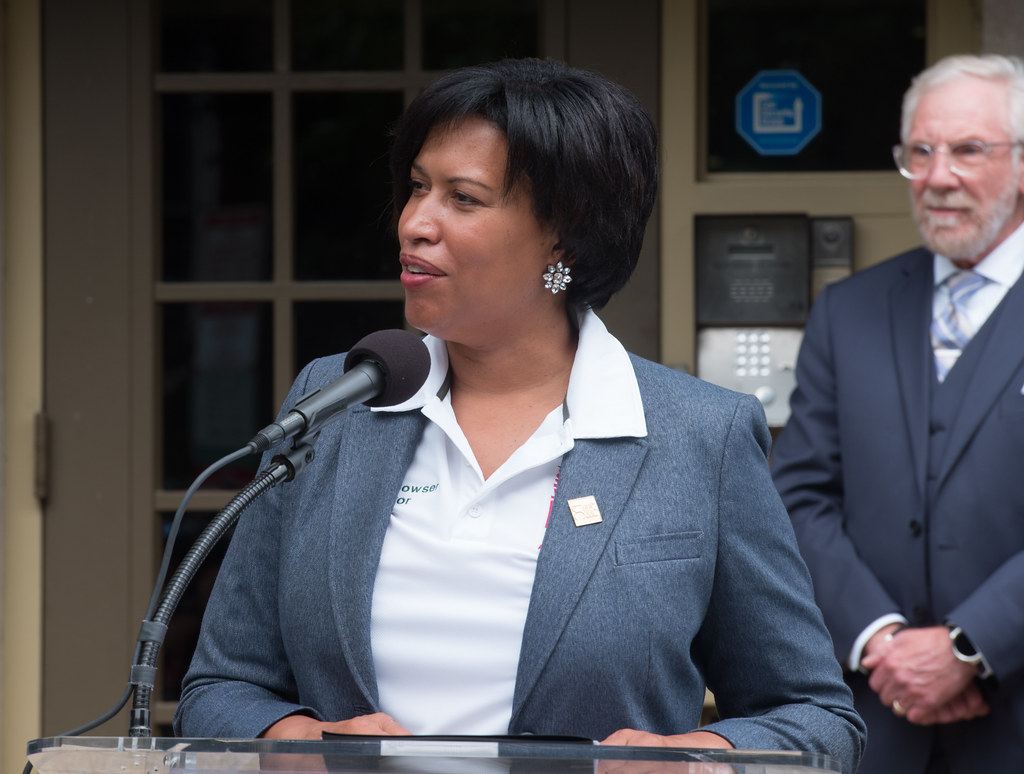
Photo: City hall dreamstime_s_58363102
Report reveals concerning levels of abuse faced by US mayors
16 May 2022
by Sarah Wray
A new report finds that political violence against US mayors is common and more prevalent for women and mayors of colour. This includes threats, attacks and abuse both online and in person.
In the survey of almost 1,000 mayors, 95 percent reported experiencing psychological violence at least once. This is defined as an act likely to harm the psychological wellbeing of individuals by inducing fear or harm to their sense of self-worth. Almost a quarter experienced at least one threat, and 16 percent suffered physical violence.
The report was conducted by academics at Oklahoma State University with funding from the Center for American Women in Politics and additional support from the Mayors Innovation Project and Equity Agenda.
Seven in ten mayors said they know someone who chose not to run for office due to these issues, and 32 percent thought about leaving office themselves.
Gender and race-based violence
Female mayors of colour report the highest rates of abuse, with 46 percent saying they are harassed at least monthly. This compares to 40 percent of non-Hispanic white women, 36 percent of men of colour, and 23 percent of non-Hispanic white men.
Nine percent of female mayors of colour were threatened monthly, compared to six percent of men of colour, 1.5 percent of non-Hispanic white women, and 0.8 percent of non-Hispanic white men.
Around 18 percent of both female and male mayors of colour say they are criticised monthly about their race, and 17 percent of women mayors of colour and ten percent of non-Hispanic white women mayors experience some form of sexualised violence.
“As a national network for mayors, this is very concerning – both because it’s a threat to mayors’ personal safety and because of the potential to increase the already striking gender and racial parity gap present among executive elected officials,” said Katya Spear, Managing Director, Mayors Innovation Project.
“Mayors should not have to weigh their decision to run for office – or stay in office – based on these kinds of abhorrent threats.”
Impact
The research is based on an autumn 2021 survey which received responses from 971 mayors of cities with populations of over 10,000.
Mayors reported impacts including varying levels of irritability, sleep disturbance, problems concentrating, and attention being diverted from work and family.
In March, Lauren McLean, Mayor of Boise in Idaho, released a statement about the “real and grave” threats she has faced including via mail, online tracking of her children, and protests at her home with people carrying torches and pitchforks. Based on information obtained by Boise’s police department, she now has a security detail with her most days.
“While I appreciate their service and have come to count them as close members of my team, I miss the days when I could run to the drugstore without someone tailing me and knowing what I’m shopping for,” she said. “I miss the freedom, privacy, and ease of movement I once took for granted. I no longer run the trails alone before daybreak as I’ve done for 24 years. I don’t walk alone to work or hop on my bike whenever I like.”
Last week during a Stanford University event, Mayor of London Sadiq Khan said he suffered a sharp rise in racist abuse during Donald Trump’s presidency.
Image: Paul Brady | Dreamstime.com











